Comprehensive Parts Diagram for Kenmore Dishwasher Model 587
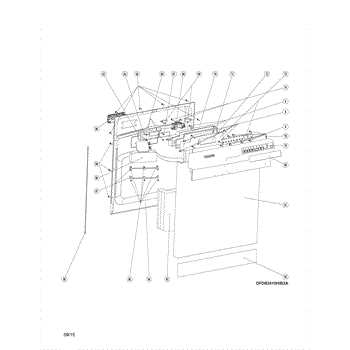
In the realm of household equipment, a comprehensive understanding of internal configurations is essential for effective maintenance and repair. Familiarity with the layout of various elements allows users to troubleshoot issues more efficiently and ensures the longevity of their appliances. A clear representation of these components serves as a valuable resource for anyone seeking to enhance their operational knowledge.
By exploring the intricacies of appliance assembly, individuals can identify specific functionalities and locate parts that may require attention. Such insight not only empowers users but also contributes to informed decision-making during repairs or replacements. Visual aids play a pivotal role in this process, providing clarity and guiding users through complex systems.
Whether for personal use or professional assistance, an in-depth look at these configurations can transform the often daunting task of appliance maintenance into a more manageable and informed experience. Understanding how components interact within the overall framework is key to achieving optimal performance and efficiency.
Overview of Kenmore Dishwasher Model 587
This appliance is designed to provide efficient and reliable cleaning performance, catering to the needs of modern households. Its innovative features enhance usability while ensuring a thorough wash for various types of kitchenware.
Equipped with advanced technology, this machine optimizes water usage and energy consumption, making it both eco-friendly and cost-effective. Its layout includes multiple racks and customizable settings, allowing users to accommodate diverse loads and achieve sparkling results.
Maintenance is simplified with accessible components, making it easy to keep the appliance in top working condition. The intuitive interface offers clear feedback, guiding users through the operation process effortlessly.
Overall, this unit stands out for its blend of functionality and convenience, making it a valuable addition to any kitchen environment.
Common Issues with Model 587
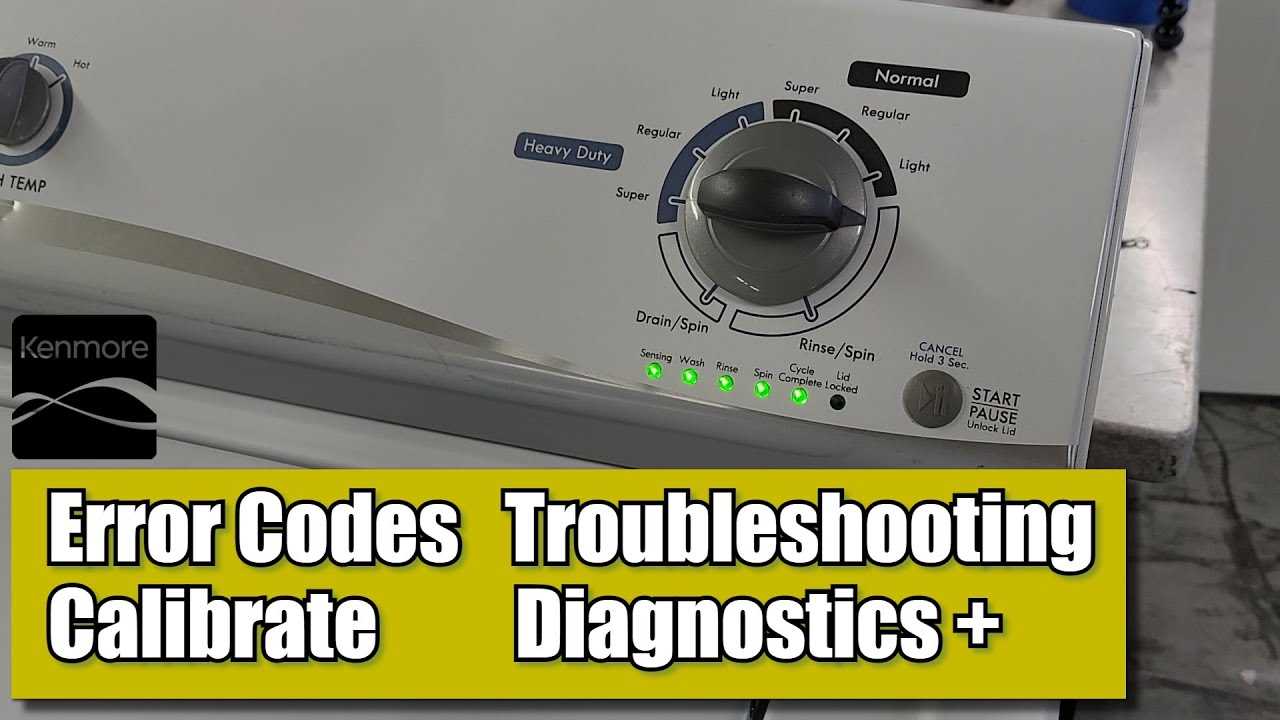
This section explores frequent challenges encountered with this particular kitchen appliance, focusing on performance and functionality problems that users often report. Understanding these issues can help in troubleshooting and maintaining optimal operation.
| Issue | Description | Possible Solutions |
|---|---|---|
| Poor Cleaning | Items remain dirty after a cycle. | Check spray arms for clogs and ensure proper loading. |
| No Drainage | Water does not drain completely. | Inspect the drain hose and filter for blockages. |
| Unusual Noises | Strange sounds during operation. | Examine for loose components or foreign objects. |
| Leaking | Water leaks from the unit. | Check door seals and connections for damage. |
Essential Parts of the Dishwasher
Understanding the core components of a cleaning appliance is crucial for effective maintenance and troubleshooting. Each element plays a significant role in ensuring optimal functionality, enhancing the overall performance of the unit. Below are the key elements that contribute to efficient operation.
Key Components
The following are the primary elements that make up the appliance, along with their functions:
| Component | Function |
|---|---|
| Water Pump | Circulates water throughout the interior for thorough cleaning. |
| Heating Element | Raises the water temperature to enhance cleaning efficacy and drying. |
| Spray Arms | Distribute water evenly across dishes for comprehensive coverage. |
| Filter | Traps food particles and debris to prevent clogs and ensure cleanliness. |
Maintenance Considerations

Regular attention to these components can prevent breakdowns and extend the life of the appliance. Checking for blockages, cleaning filters, and ensuring proper water flow are essential practices for maintaining optimal performance.
Understanding the Parts Diagram
A comprehensive illustration of components is essential for grasping the functionality of any appliance. This visual representation not only aids in identifying individual elements but also clarifies how they interconnect to ensure optimal performance. Recognizing each part’s role simplifies troubleshooting and maintenance, ultimately enhancing the user experience.
Key Components
- Water circulation system
- Filtration unit
- Heating element
- Spray arms
- Control panel
Benefits of Understanding the Illustration
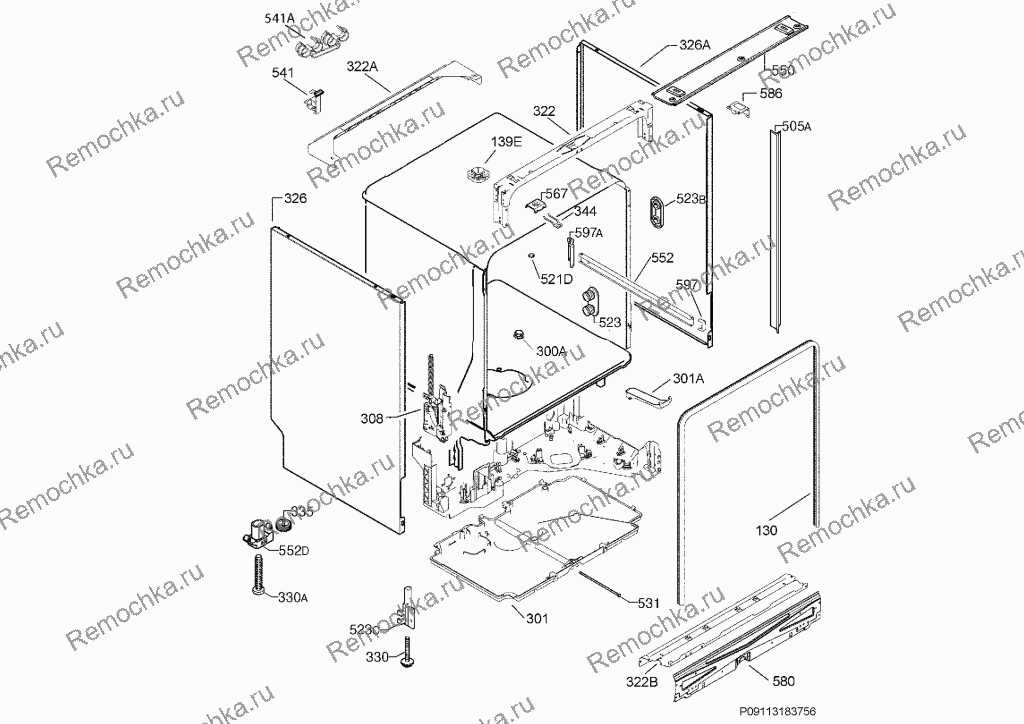
- Facilitates effective repairs.
- Enhances maintenance practices.
- Promotes efficient usage.
- Assists in identifying replacement needs.
How to Locate Replacement Parts
Finding the right components for your appliance can seem daunting, but with the right approach, the process becomes manageable. Identifying the specific elements you need is crucial for ensuring proper functionality and longevity of your device. Here are some effective strategies to help you in your search.
1. Consult the Manual: Your first step should be to refer to the user guide. It typically includes a list of essential components along with their specifications, making it easier to pinpoint what you require.
2. Utilize Online Resources: There are numerous websites dedicated to appliance repair that offer extensive catalogs. Search using the appliance’s serial number or description to quickly find relevant options.
3. Visit Local Retailers: Local hardware stores or appliance parts suppliers can be invaluable. Staff members often have the expertise to assist you in locating the correct items and may even help with installation advice.
4. Join Online Forums: Engaging with online communities can provide insight from others who have faced similar challenges. These forums often share links to trustworthy vendors and tips on sourcing hard-to-find components.
5. Check Manufacturer Websites: Official websites usually have dedicated sections for replacement items, ensuring authenticity and compatibility. You may also find diagrams that clarify which parts correspond to your unit.
By following these steps, you can efficiently navigate the process of sourcing the necessary elements to keep your appliance operating smoothly.
DIY Repair Tips for Homeowners
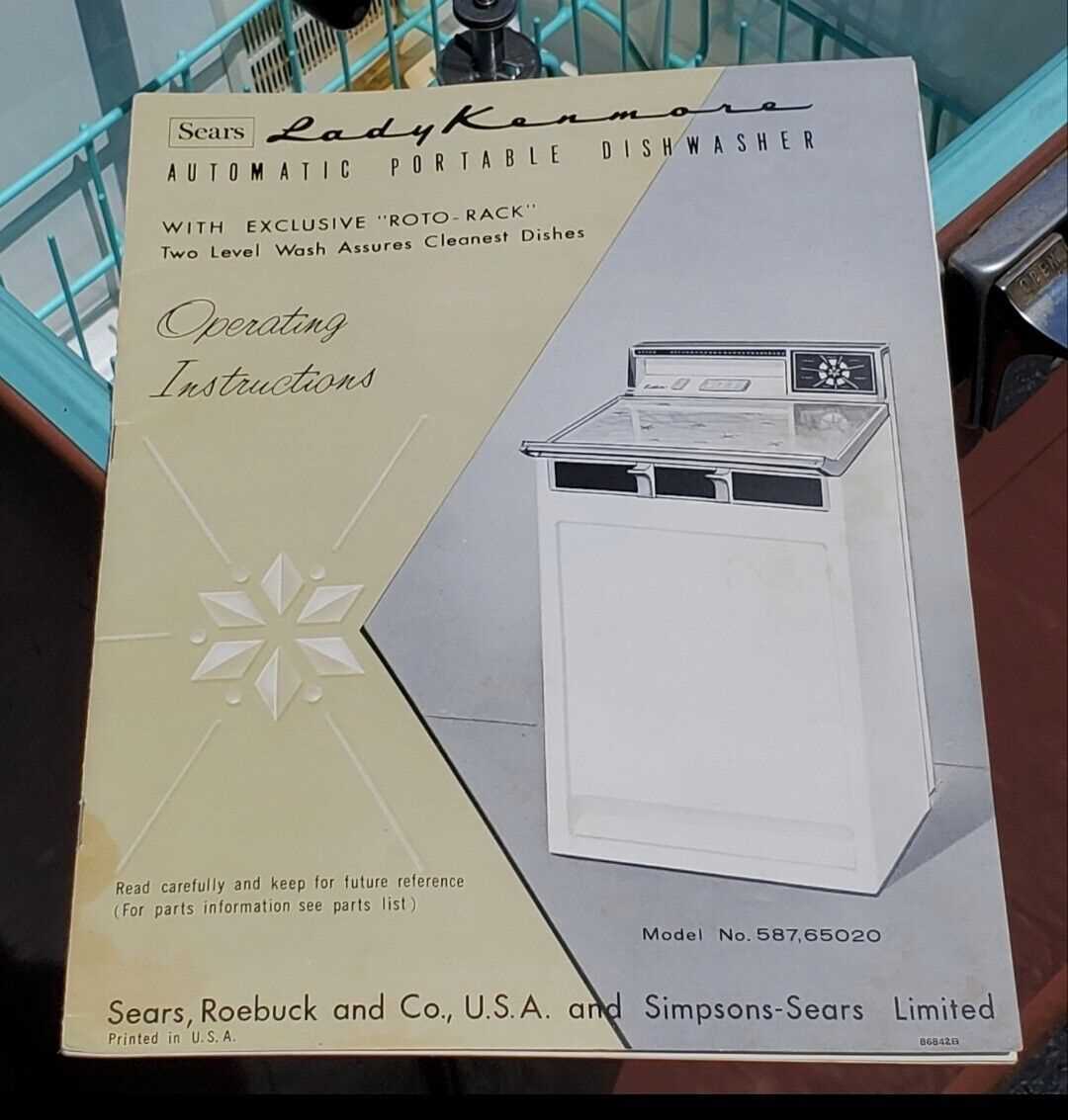
When it comes to maintaining household appliances, many homeowners find themselves facing common issues that can often be resolved without professional assistance. Taking a proactive approach to repairs not only saves money but also empowers individuals to understand their equipment better. Here are some practical tips to guide you through the repair process.
| Tip | Description |
|---|---|
| Identify the Problem | Before diving into repairs, ensure you clearly understand the issue. Listen for unusual sounds, watch for leaks, or notice any performance changes. |
| Gather Tools | Prepare a toolkit with essential items such as screwdrivers, pliers, and wrenches. Having the right tools at hand can make the repair process smoother. |
| Consult the Manual | Refer to the appliance’s manual for troubleshooting guidance. This document often contains valuable information specific to your model. |
| Start with Simple Fixes | Begin with straightforward solutions like cleaning filters or checking hoses. These minor adjustments can often resolve larger issues. |
| Document Your Steps | Keep track of your repairs and any changes made. This can help in future troubleshooting and repairs. |
| Seek Online Resources | Utilize online forums and video tutorials for additional guidance. Many homeowners share their experiences and solutions, which can be invaluable. |
| Know When to Call for Help | If a problem persists despite your efforts, don’t hesitate to contact a professional. Recognizing your limits is part of effective maintenance. |
Where to Buy Kenmore Parts
Finding quality components for your appliance can be a straightforward process if you know where to look. Various retailers offer a range of options, catering to different needs and budgets. Online and physical stores provide ample choices, ensuring you can maintain the functionality of your unit with ease.
| Retailer | Type | Website/Location |
|---|---|---|
| Home Improvement Store | Physical Store | Local Branch |
| Online Marketplace | Website | www.example.com |
| Specialty Parts Supplier | Website | www.anotherexample.com |
| Manufacturer’s Store | Website | www.mfrwebsite.com |
Tools Needed for Dishwasher Repair
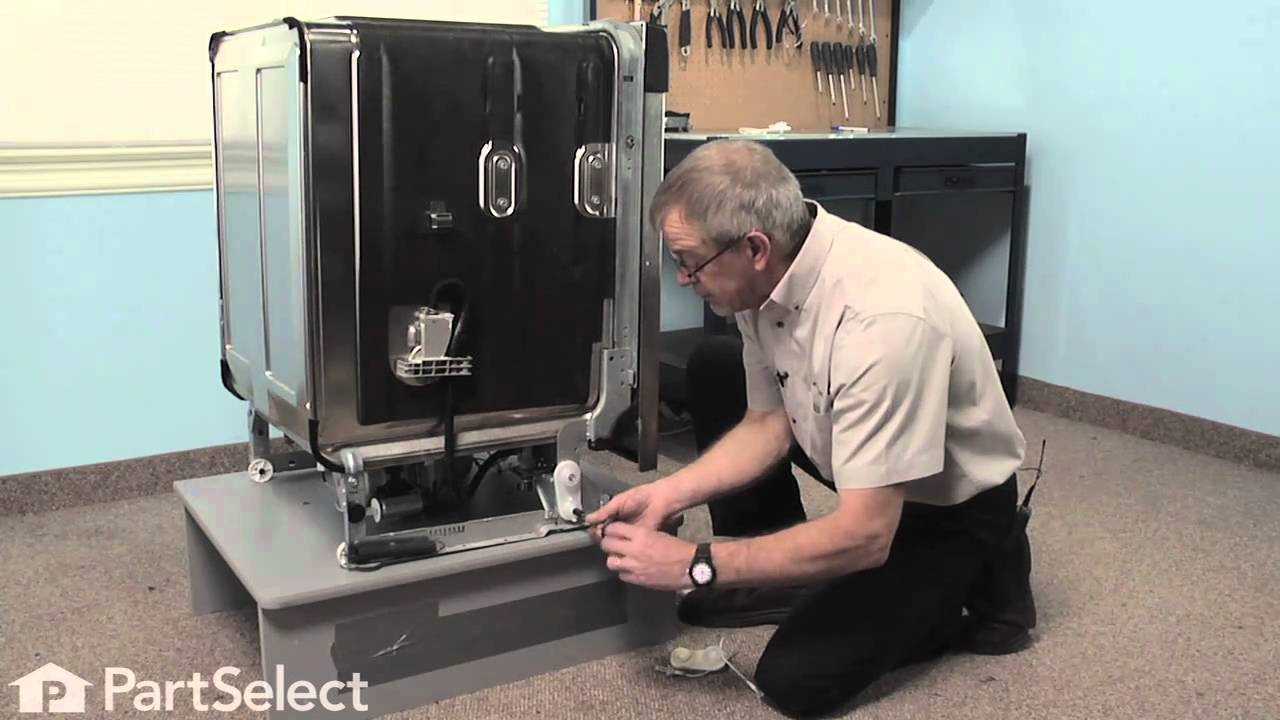
Proper maintenance and fixing of household appliances require specific implements to ensure efficiency and safety. Utilizing the right tools can streamline the process, making repairs less daunting and more effective.
Essential Tools
- Screwdriver Set
- Wrench Set
- Pliers
- Multimeter
- Tape Measure
Additional Items
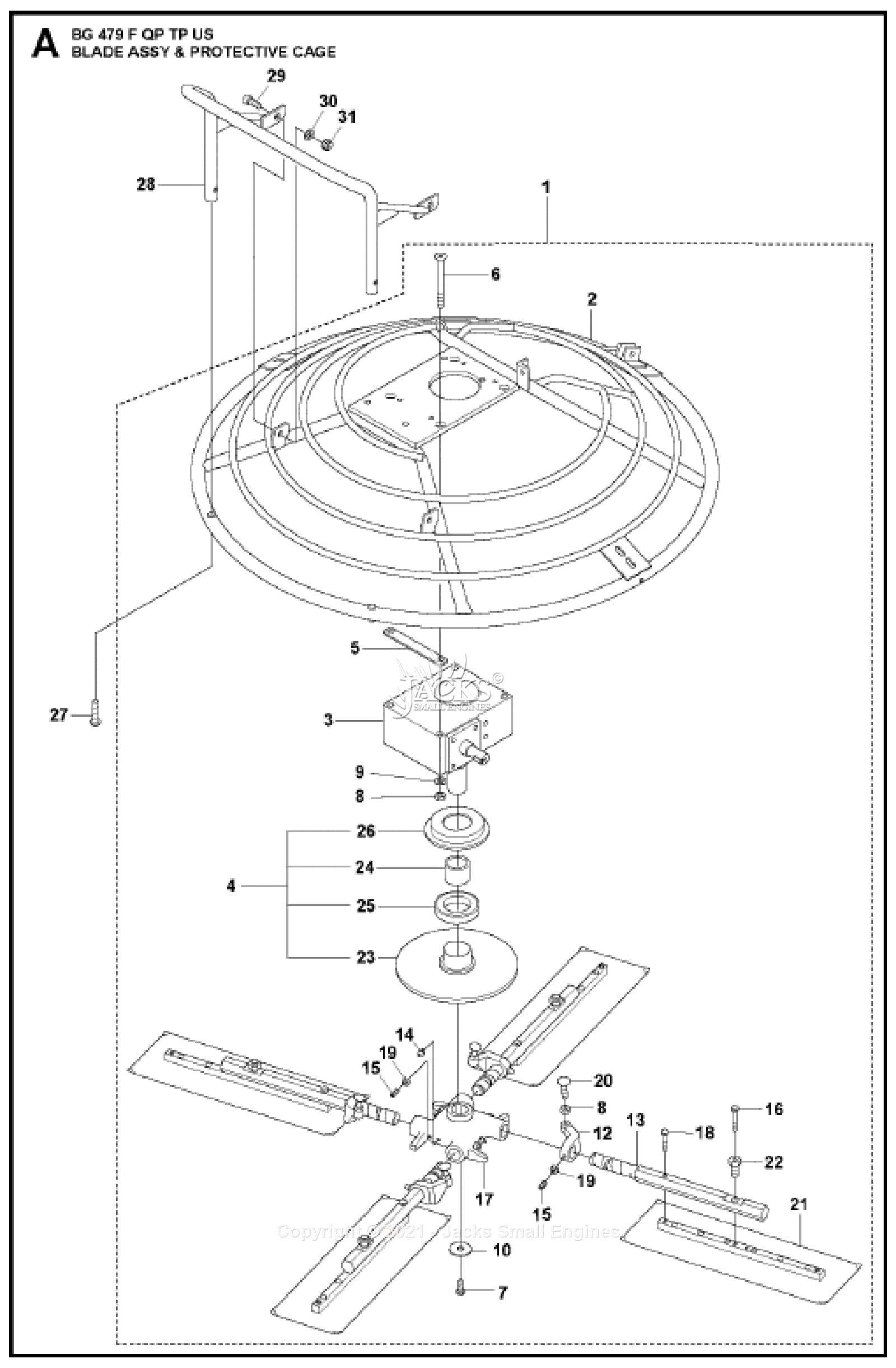
- Bucket for water collection
- Utility knife for cutting
- Flashlight for visibility
- Cleaning cloths for maintenance
Maintenance Tips for Longevity

Ensuring the extended lifespan of your appliance requires regular care and attention. By following simple maintenance practices, you can enhance its performance and efficiency, minimizing the risk of unexpected breakdowns.
| Tip | Description |
|---|---|
| Regular Cleaning | Remove food debris and buildup from filters and interior surfaces to maintain optimal function. |
| Inspect Seals | Check door gaskets regularly for wear and tear to prevent leaks and ensure proper sealing. |
| Use Quality Detergents | Opt for high-quality cleaning agents to avoid residue buildup and enhance cleaning efficiency. |
| Avoid Overloading | Load items as recommended to prevent strain on mechanisms and ensure thorough cleaning. |
| Routine Checkups | Schedule periodic professional inspections to catch potential issues before they escalate. |
Identifying Faulty Components Quickly
Diagnosing issues in household appliances can often be a daunting task. However, recognizing the signs of malfunctioning elements is crucial for efficient repairs. By understanding the common symptoms associated with various components, users can expedite the troubleshooting process and minimize downtime.
Common Symptoms of Malfunction
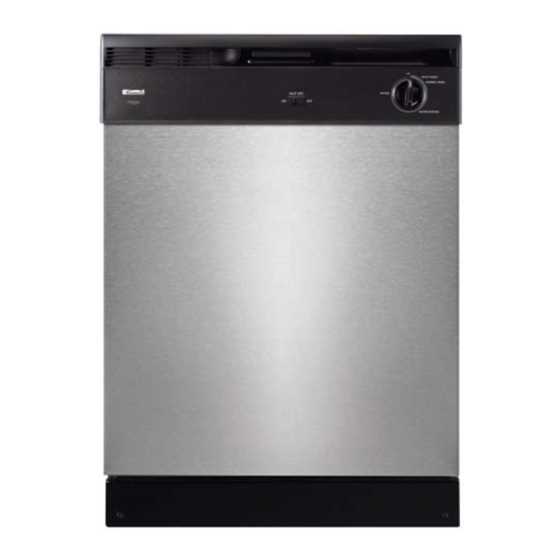
Several indicators can help pinpoint which part may be failing:
- Unusual Noises: Grinding, squeaking, or rattling sounds can suggest that a mechanical component is out of alignment or damaged.
- Water Leaks: Puddles around the appliance may indicate a problem with seals or hoses.
- Poor Performance: Inconsistent cleaning results or failure to drain properly can signal issues with motors or filters.
- Error Codes: Many devices display codes that correlate with specific faults; consulting the user manual can provide insights.
Steps for Quick Identification

To efficiently determine the faulty part, follow these steps:
- Observe and Note: Take note of any unusual behavior or error messages during operation.
- Inspect Visually: Look for obvious signs of wear, damage, or misalignment in accessible components.
- Consult the Manual: Reference the appliance’s documentation for a better understanding of the layout and function of each part.
- Test Components: Use a multimeter to check electrical parts for continuity and proper functioning.
By following these guidelines, users can swiftly identify the root cause of any issues and take the necessary steps towards resolution, ensuring their appliance operates smoothly again.
Comparison with Other Kenmore Models
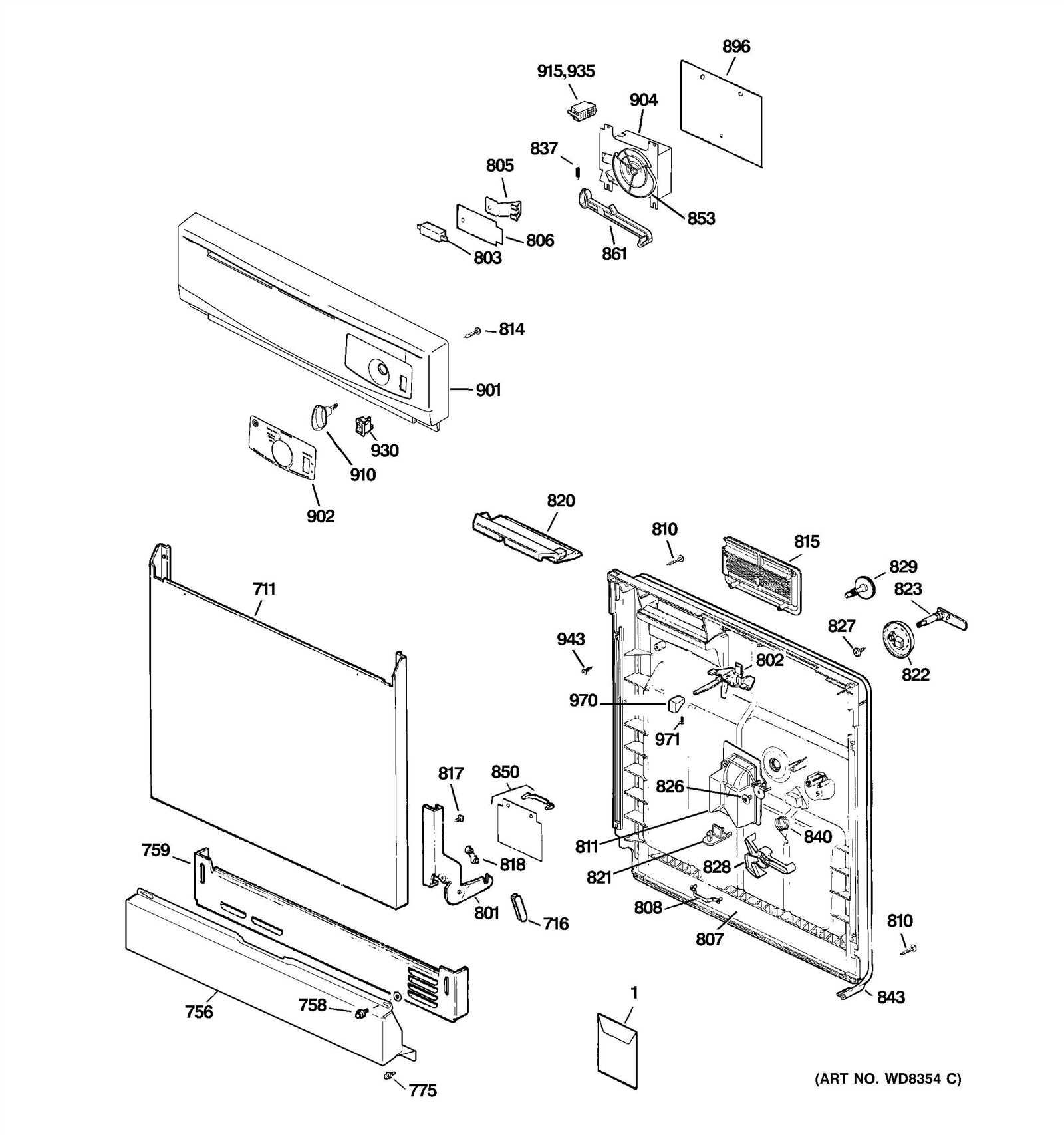
This section explores the differences and similarities among various kitchen appliance versions, highlighting their unique features and design elements. Understanding these distinctions can assist consumers in making informed choices tailored to their specific needs.
Feature Set and Performance
While some variants prioritize energy efficiency and quiet operation, others focus on enhanced cleaning technologies. The balance between these aspects can significantly impact user experience, making it crucial to assess which attributes are most desirable.
Design and Compatibility
Design elements, such as interior layout and exterior finish, vary widely. Compatibility with kitchen aesthetics and existing cabinetry can influence the ultimate decision, showcasing the importance of a well-rounded evaluation process.
Customer Reviews and Experiences
This section explores user feedback and personal stories related to their recent appliance purchases. Insights from customers can provide invaluable information regarding functionality, reliability, and overall satisfaction, helping potential buyers make informed decisions.
Positive Feedback
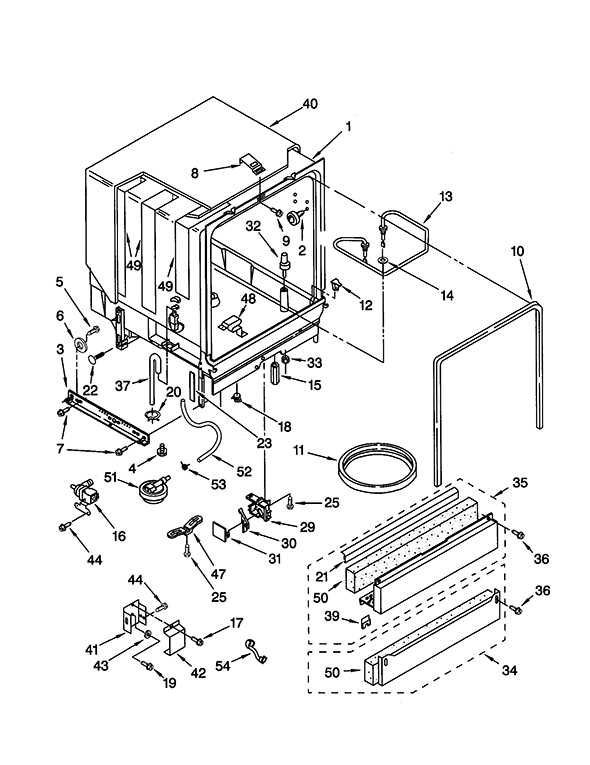
Many users appreciate the efficiency and quiet operation of their appliances, noting that it has significantly improved their daily routines. The ease of use and effective cleaning performance are frequently highlighted, making it a worthwhile investment for many households.
Challenges Faced
Some customers have encountered issues, including troubleshooting challenges and part replacements. However, many found that support resources and community forums were helpful in resolving these problems, emphasizing the importance of user experience in product longevity.
Professional Repair Services Available
When appliances encounter issues, timely and expert assistance can make all the difference. Skilled technicians are equipped to handle a wide range of repairs, ensuring that your household devices function optimally and efficiently. Accessing reliable repair services not only saves time but also prolongs the life of your equipment.
Why Choose Professional Assistance?
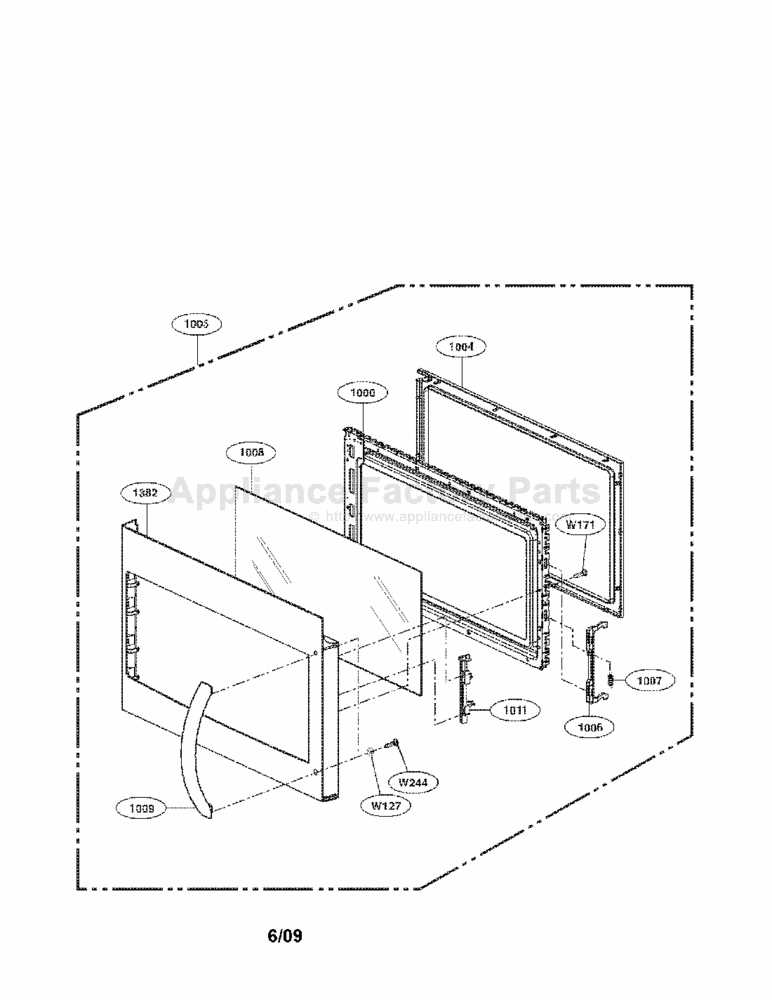
Enlisting the help of trained specialists guarantees a thorough diagnosis and effective solutions tailored to your specific needs. Their expertise allows for quick identification of problems, utilizing quality materials and techniques that enhance performance. Additionally, professionals often provide valuable maintenance tips to prevent future complications.
Available Services
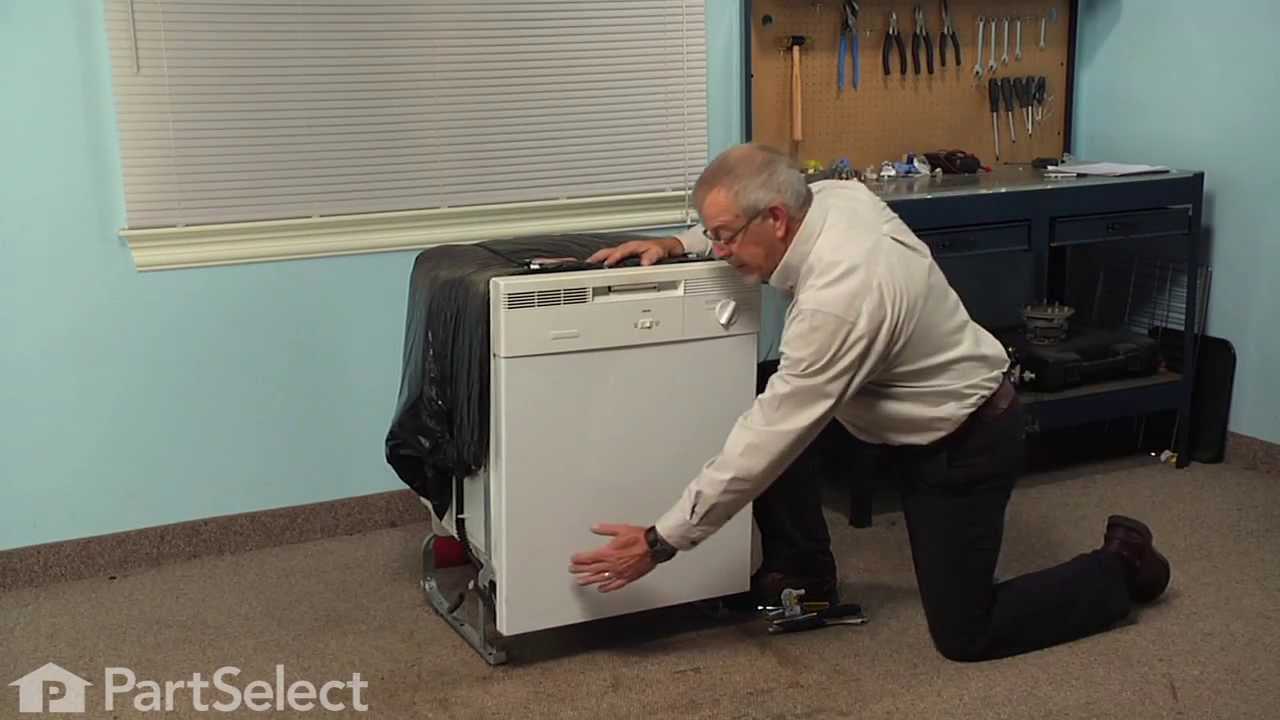
Repair offerings typically encompass everything from minor adjustments to major overhauls. Many providers also extend warranties on their work, ensuring peace of mind. With their knowledge and experience, these experts are dedicated to restoring your appliances to optimal working condition.